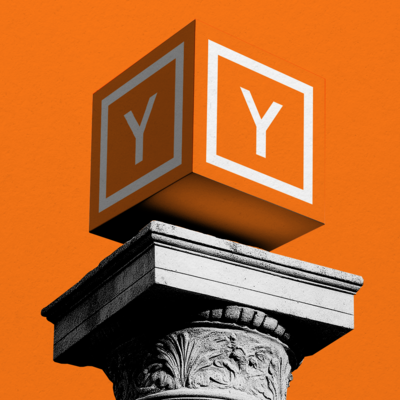
This week we’re bringing you some of our best writing on practical applications of AI by Michael Taylor, whose new column, Also True for Humans, examines how we manage AI tools like we would human coworkers. (He’s also the co-author of a new book, Prompt Engineering for Generative AI.) Up today is this tactical piece about how AI is helping us redefine expertise.—Kate Lee
Was this newsletter forwarded to you? Sign up to get it in your inbox.
What separates a beginner from an expert? They’ve “seen it all before.” When they encounter a problem, they intuitively know what to do. When an expert is faced with a specific challenge, they quickly and subconsciously sift through relevant experiences to match past situations with current ones until they find what feels “right.”
Beginners come at problems from a very different place. They have to. Without the benefit of experience, they can’t rely on intuition, and must make decisions slowly and deliberately in order to arrive at the correct one.
The Dreyfus model for skill development says that the first step to go from novice to expert is to identify and apply many recipes or templates for accomplishing a task. Eventually, through research and analysis, they can build intuition about what recipe will help solve a problem, and how to improvise or combine recipes to create their own. They can develop expertise.
But that takes time—or at least it used to before AI. ChatGPT’s ability to help you summarize and analyze is like a superpower to beginners, who haven’t had time to build expertise in an area. I’ll help you learn how to use this superpower, from figuring out what people care about when you’re pitching them to finding best-selling titles for your article or book.
Become an expert overnight
Become a paid subscriber to Every to learn about:
- How AI turns novices into overnight experts
- Leveraging memetic analysis for creative breakthroughs
- The power of summarization at scale
- The future of expertise in an AI-augmented world
The Only Subscription
You Need to
Stay at the
Edge of AI
The essential toolkit for those shaping the future
"This might be the best value you
can get from an AI subscription."
- Jay S.
Join 100,000+ leaders, builders, and innovators

Email address
Already have an account? Sign in
What is included in a subscription?
Daily insights from AI pioneers + early access to powerful AI tools








